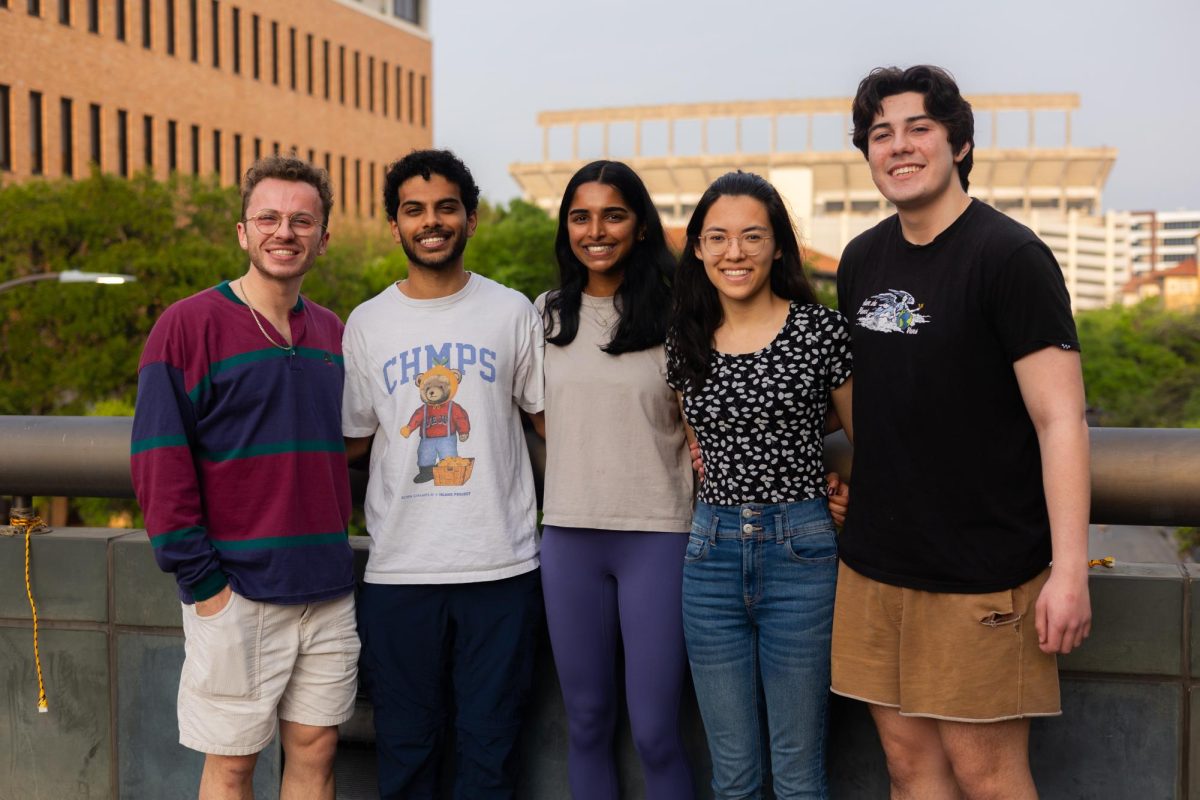A club at UT launched a new project dedicated to bringing awareness to community healthcare workers in Austin on March 21.
The project, the Community Health Worker Access Act Project, is based on an act introduced by Sen. Bob Casey on March 7. The act proposes improved Medicare and Medicaid coverage to support the work done by community health workers. These workers bridge healthcare gaps by providing health services in the communities they live in and therefore are uniquely equipped to serve them, according to a press release from the senator’s office.
Partners in Health Engage started the project to advocate for the bill’s passage. To enhance their advocacy work, club members will connect with community health workers through individual meetings to understand problems they face within their profession.
Biochemistry senior Neha Patil said talking to community health workers helped her understand their perspective on relevant issues, such as the need for funding or training protocols.
“(By) talking to these community-based organizations directly, we can see what exactly they need,” said Patil, the club’s co-coordinator for community building. “Firsthand, they can provide input and support for a cause that is close to them.”
Biology senior Sid Reddy said the project members plan to attend the Austin City Council meeting on April 18 to take the open speaker slots and bring attention to the support of the Community Health Worker Access Act.
“Our eventual goal with the city council meeting is to partner with a city councilman to further develop these policy recommendations as well as bring policy into fruition,” said Reddy, the club’s co-coordinator for community building.
Reddy said the project hopes to address issues in Austin associated with urban growth by spreading awareness of the importance of community health workers.
“The burden of health inequity and limited access continues to worsen for under-resourced populations of the Greater Austin area,” Reddy said. “This population increase that we’re seeing in our central urban areas (is) pushing a lot of people further away from the centralized healthcare system.”
Supporting community health workers because of the cultural competency they provide is important, said Nick Grammer, a biomedical engineering and Black studies junior. Grammer, who is a member of the political strategy team, said this helps make healthcare more accessible.
“They have the same background (and) cultural context,” Grammer said. “It just makes it more accessible for people, especially if there are language barriers, and all around improves health outcomes for medically underserved communities, especially in the Austin area.”













